In the second of our exclusive interviews following the launch of the book Liverpool: Match of My Life, Paul Hassall spoke to Liverpool legend Tommy Smith about the sides of yesteryear and what he thinks of modern day football.
Given the illustrious history of Liverpool FC it takes a player of great attitude, desire and quality to earn the title of Anfield Legend. Few would argue against Tommy Smith’s place amongst these elite.
As a youngster Smith dreamed of wearing the red shirt worn by his hero Billy Liddell, and so as he matured into a talented fifteen year old forward with a number of suitors, there was no doubt in his mind where he wanted to develop and fulfil his potential.
‘˜My Dad was a Liverpudlian so by rights I was a Liverpudlian. I got offers to go to other teams but the only one I wanted to go to was Liverpool. The headmaster at our school, he said ‘˜Tommy, do you realise you are going to a Protestant club?’ I was a Catholic anyway. I asked him what difference that made and he said ‘˜Everton are the Catholics and Liverpool are the Protestants.’ But I just told him I didn’t care because I just wanted to go to Liverpool because they are my team.’
Smith’s career with Liverpool began under the guidance of the enigmatic Bill Shankly, who converted him from a raw striker into the defensive rock that has become a firm part of Anfield folklore. Smith enjoyed 19 glorious years as a key member of the Liverpool team and was a instrumental in countless triumphs in the 60s and 70s. And yet despite the trophies and celebrations his favourite memory is still the moment that he stepped onto the hallowed Anfield turf to make his full debut in front of the Kop.
He said: ‘˜My most cherished moment has to be playing at Anfield in May 1963. I was 17 and made my debut against Birmingham City. We won 5-1 that day and I couldn’t believe I’d actually played at Anfield. It was a dream come true.’
Smith’s tales of yesteryear centre around his place in the 60’s sides of St John, Hunt et al and it was during this era that he had the honour of playing with the Anfield legend that he had worshipped as a wide-eyed schoolboy.
He said ‘˜When I joined Liverpool I actually made it into the Reserve team at the age of 15 and had the joy of playing with my hero from when I was at school, Billy Liddell. I couldn’t believe it! I had watched him play from the stands only a few years earlier and there I was playing 2 or 3 games with him.’
Smith won ten major honours with the Reds and was a scorer in the 1977 side that beat Borussia Moenchengladbach to win the European Cup. And yet it is the side that he grew up in that he regards as the greatest Liverpool team he ever played in.
 ‘˜We had some great players back in the 60s. Tommy Lawrence was a Scotland International, Chris Lawler played for England and at left back there was Gerry Byrne who was part of England’s World Cup triumph in ’66. I was right half and big Yeatsey played for Scotland. He was a great centre half.
‘˜We had some great players back in the 60s. Tommy Lawrence was a Scotland International, Chris Lawler played for England and at left back there was Gerry Byrne who was part of England’s World Cup triumph in ’66. I was right half and big Yeatsey played for Scotland. He was a great centre half.
‘Across the midfield you had Cally (Ian Callaghan) and Gordon Milne at inside left, who was an England International and a perpetrator of the way Liverpool used to play in the way he closed people down. Then there was Peter Johnson at outside left and at left half a lad called Willie Stevenson. Up front we had Hunt and the fiery Scot, Ian St John. You didn’t get much more fiery than him! We all complemented each other. In truth and honesty that was the best side I played in. If you touched anyone on the pitch or even after a few beers off it, you’d have to deal with everybody! We always stuck together.’
Although Liverpool’s history suggests the 70s and 80s were the golden eras of the club in terms of trophies, Smith cites the quality of other sides and sheer misfortune as reasons for why the 60s sides were not as successful.
He said ‘˜There were a lot of good teams around back then. Man United and Everton were both strong. But despite that I’d go as far as to call Liverpool the best team of the 60s. We won the League a few times, got to the European Cup Winners Cup final, the European Semis and won the FA Cup for the first time. We were a great side. If you’d have moved them on 10years, into the 70s, they’d have won everything, simple as that.’
After leaving Liverpool, Smith’s career took him to a brief spell at Swansea City before he packed his bags for the USA, where he formed an unlikely friendship with arguably the greatest player of all-time, Pele.
He said ‘˜I played against him and I played with him when I was in America. He’s the greatest player there has ever been I’ve no doubts about that. He played for New York Cosmos and I played for Tampa Bay. On my debut in America we beat them 5-0 and he wasn’t too happy about that! But I got to
know him very well during the period I was in America. He is one hell of a nice guy, fit as a fiddle, and he could do anything on the pitch if you gave him the ball because he was such a great player. And he is a great lad too.’
It is nearly thirty years since Smith’s last appearance for the Reds, but his name still commands the utmost respect at Anfield. Stories of ‘˜The Anfield Iron’ continue to be passed on to the next generation of fans, who appreciate Smith’s love of the club and his role as part of the Scouse heartbeat in the Liverpool sides of the 60s and 70s, similar to the modern day heroes of Jamie Carragher and Steven Gerrard.
But despite his fondness of the two, star Academy graduates and the wonderful experience of THAT match in Istanbul, Smith is not a fan of the modern game and believes that the traditions and passions of yesteryear are in danger of being lost forever.
He said ‘˜I think football is in disarray at the moment and I don’t particularly like it. I still go to Liverpool because of what the club means to me, but when there is a game on the TV now, I can’t be bothered watching it. It’s become a game of tactics and it’s a shame because when I played football we used to go out to win a game, but now they go out not to lose. They are ruining the game and if it continues like this, it could lose the magic that has made it the greatest sport in the world, and that can’t
be allowed to happen.’
Copyright of Thisisanfield.com and Paul Hassall, 2005


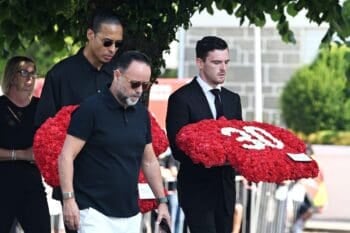
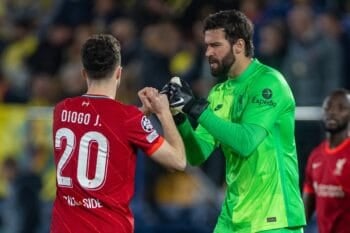
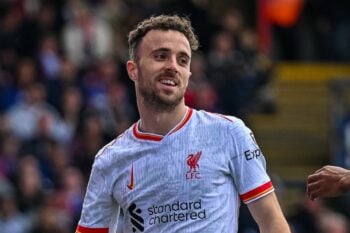
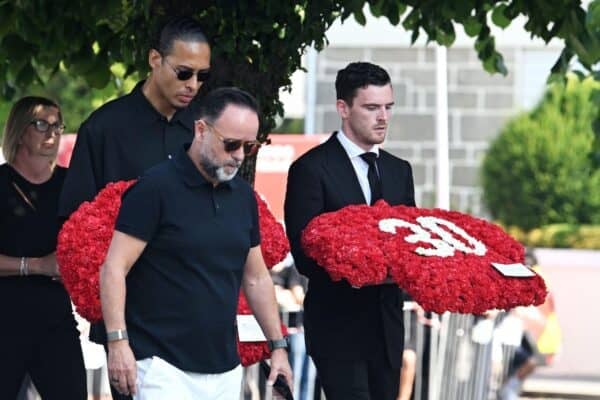
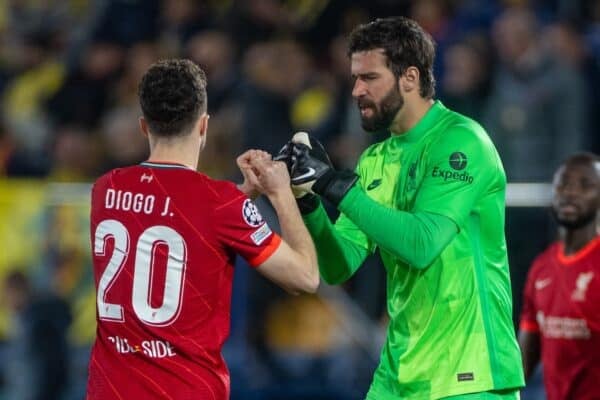
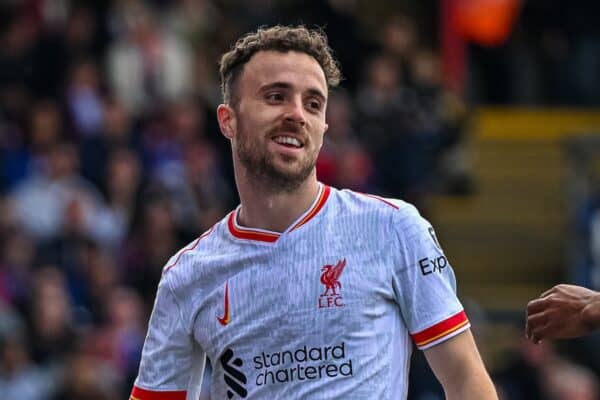
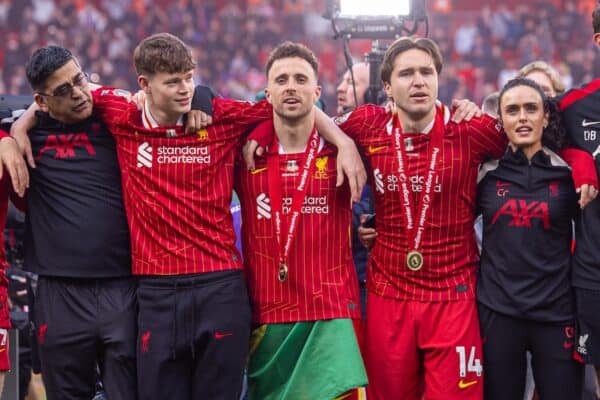
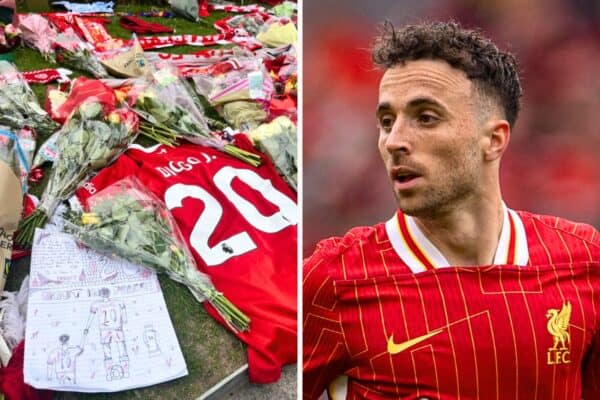
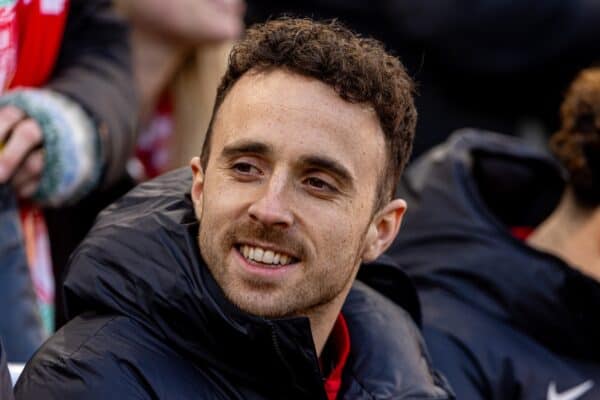
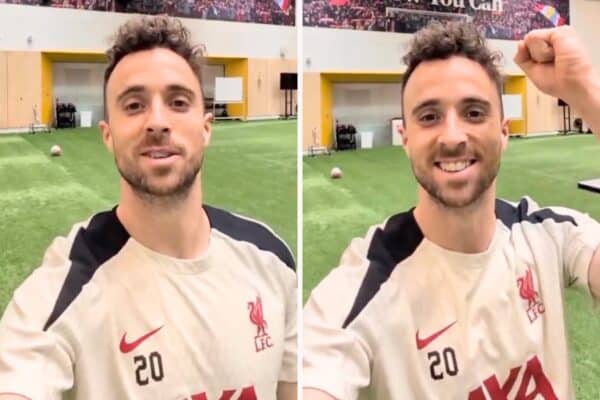
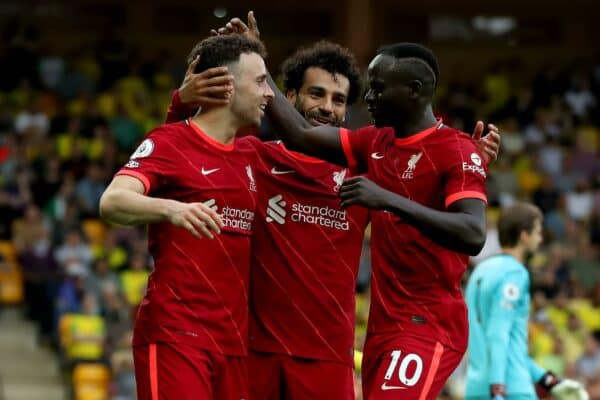



Fan Comments